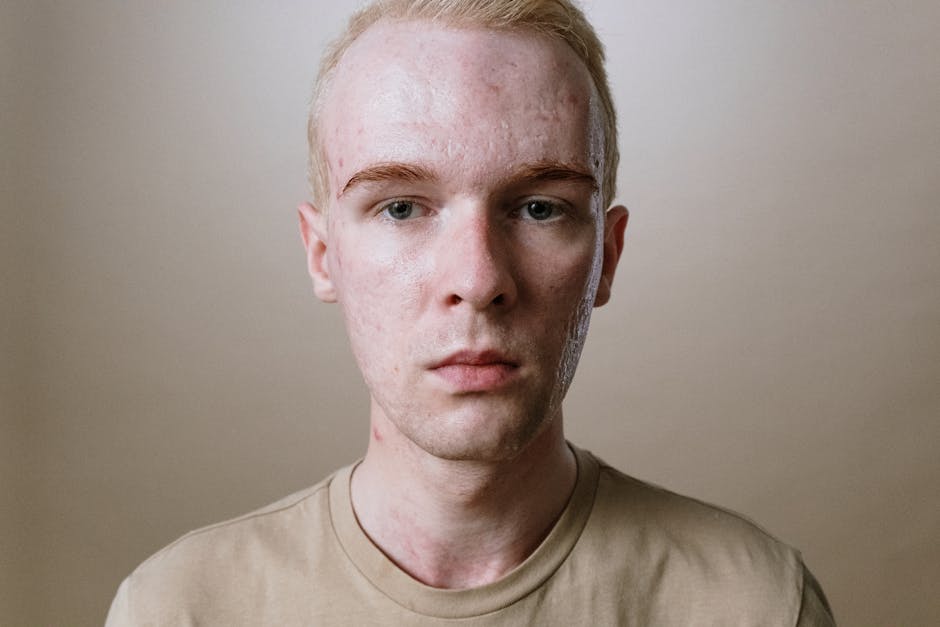Acne is a common skin condition that affects millions of people worldwide. It can be a source of embarrassment and frustration, but it is important to know that acne is treatable. With the right treatment plan, you can achieve clear, healthy skin.
**Causes of Acne**
Acne forms when excess oil, bacteria, and dead skin cells clog your pores. This can lead to the formation of pimples, blackheads, and whiteheads. Acne is most common during puberty, when hormone levels are fluctuating. However, it can also occur in adults.
**Types of Acne**
There are several different types of acne, including:
* **Pimples:** These are small, red bumps that form when a pore becomes clogged.
* **Blackheads:** These are small, black bumps that form when a pore becomes clogged with oil and dead skin cells.
* **Whiteheads:** These are small, white bumps that form when a pore becomes completely clogged.
* **Cysts:** These are large, painful bumps that can develop deep under the skin.
* **Nodules:** These are hard, red bumps that can also develop deep under the skin.
**Treatment Options**
The best treatment for acne will depend on the type and severity of your acne. Some common treatment options include:
* **Over-the-counter medications:** These medications can be purchased without a prescription and can help to reduce inflammation and kill bacteria.
* **Prescription medications:** These medications are available by prescription only and can be used to treat more severe cases of acne.
* **Light therapy:** This treatment uses light to kill bacteria and reduce inflammation.
* **Chemical peels:** These treatments use chemicals to exfoliate the skin and remove dead skin cells.
* **Microneedling:** This treatment uses tiny needles to create microscopic punctures in the skin, which stimulates collagen production and can help to improve the appearance of scars.
**Prevention**
While there is no guaranteed way to prevent acne, there are some things you can do to reduce your risk of developing it, such as:
* **Wash your face twice a day with a gentle cleanser.**
* **Avoid touching your face.**
* **Use oil-free makeup and skincare products.**
* **Eat a healthy diet.**
* **Get regular exercise.**
* **Manage stress.**
**When to See a Doctor**
If you have acne that is severe, painful, or does not respond to over-the-counter treatments, it is important to see a doctor. A doctor can prescribe stronger medications and recommend other treatments that can help to clear your skin.
**Conclusion**
Acne is a common skin condition that can be treated. With the right treatment plan, you can achieve clear, healthy skin. If you have acne, talk to your doctor about the best treatment options for you.

